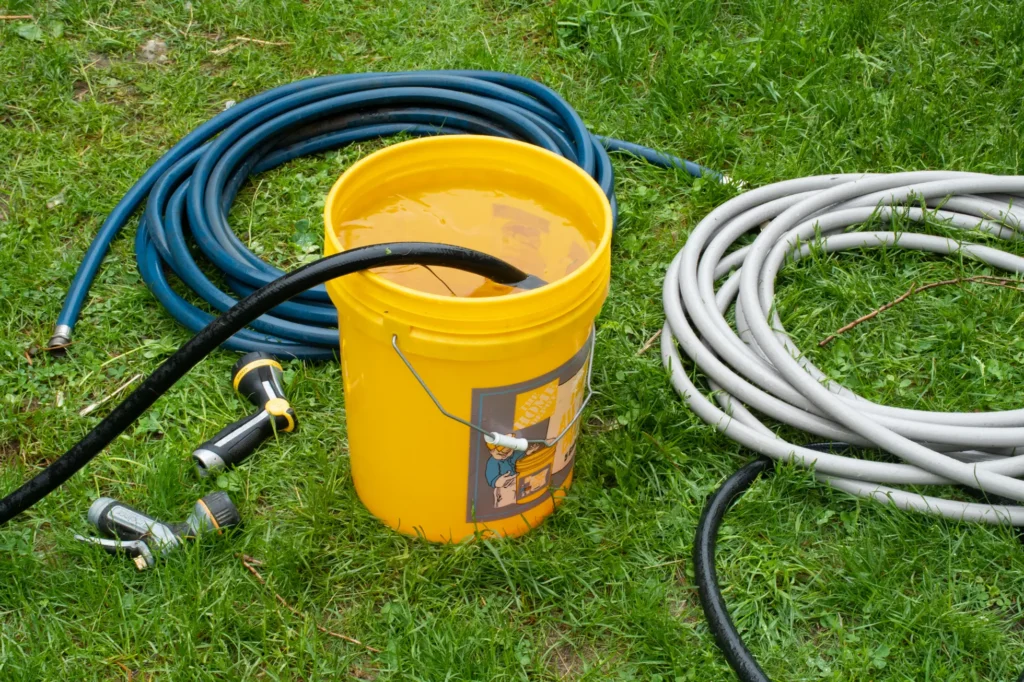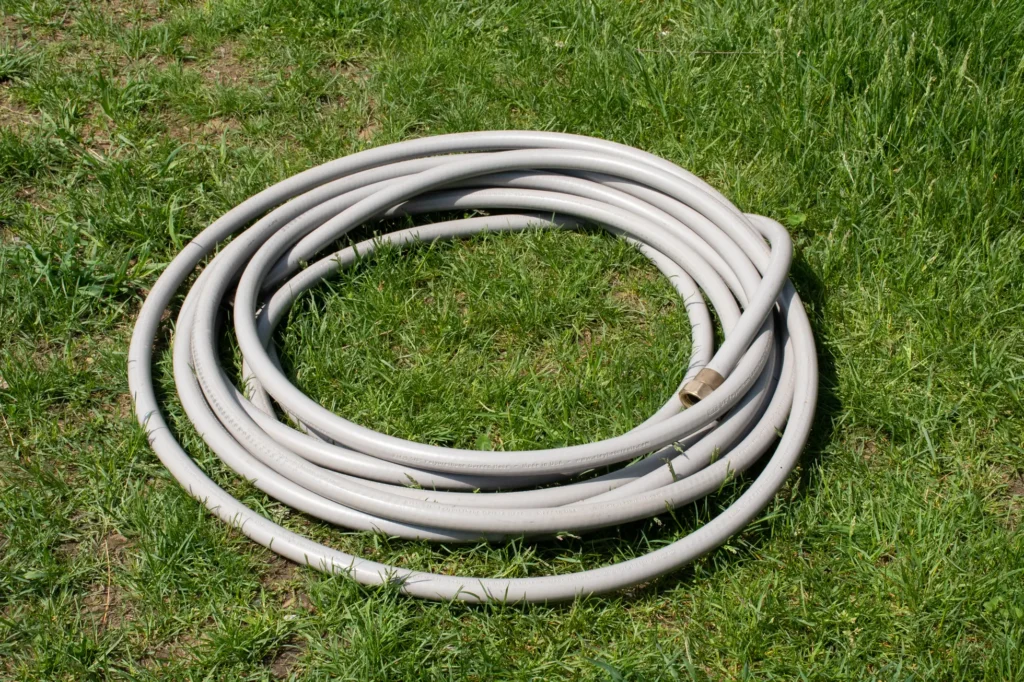If you’re in the market for garden hoses on a commercial scale, you know the stakes are high.
A top-notch garden hose supplier can make or break your business operations—whether you manage landscaping crews, run a hotel, or oversee maintenance at a golf course.
But with so many options out there, how do you find a garden hose supplier you can trust? Let’s break it down step by step, so you can make an informed choice and avoid headaches later on.
Why the Right Garden Hose Supplier Matters
Imagine this: you place a big order for garden hoses, but the shipment arrives late, or worse, the hoses start leaking after just a few uses.
Suddenly, your team is scrambling, your clients are unhappy, and your reputation takes a hit.
That’s why choosing a reliable garden hose supplier is more than just a purchase—it’s a partnership.
What Garden Hose Types Should You Look For?
Not all hoses are created equal. Here’s a quick rundown of the main types you’ll come across:
- Flexible Garden Hoses: Lightweight and easy to maneuver, these are perfect for jobs where you need to move around a lot.
- Expandable Garden Hoses: These clever hoses stretch when you turn on the water and shrink back when you’re done. They’re a hit with anyone who hates wrestling with bulky, tangled hoses.
- Heavy Duty Garden Hoses: Built tough, these can handle high pressure and rough treatment. They’re ideal for industrial cleaning or large-scale irrigation.
- Eco-Friendly Garden Hoses: Made from safe, recyclable materials, these are a smart pick if you’re focused on sustainability.
Each type has its strengths, so think about your specific needs before making a choice.
Key Features to Consider
When you’re evaluating garden hose suppliers, don’t just look at the price tag. Focus on these features to get the most bang for your buck:
- Material: PVC hoses are light and affordable, rubber hoses are tough and durable, and TPE hoses offer a nice balance of flexibility and eco-friendliness.
- Durability: Look for hoses that resist UV rays, kinks, and freezing temperatures. Nobody wants to replace hoses every season.
- Certifications: Make sure the hoses meet international safety standards like CE or RoHS. This isn’t just about compliance—it’s about safety for your team and clients.
- Customization: Can the supplier tailor hoses to your exact specifications? Whether you need a certain length, color, or special fittings, customization is a huge plus.
- Supply Chain: Reliable suppliers deliver on time, every time. Check their track record for shipping and stock management.
Real-World Applications
Let’s get practical. Garden hoses aren’t just for watering flowers. Here are some common B2B scenarios where the right hose makes all the difference:
- Irrigation: Keeping lawns, gardens, and sports fields green and healthy.
- Commercial Cleaning: Hotels, golf courses, and office complexes rely on hoses for daily maintenance.
- Industrial Use: Factories and warehouses use heavy-duty hoses for cleaning equipment and floors.
- Landscaping: Professional landscapers need versatile, durable hoses that can handle constant use.
For each scenario, the right garden hose supplier—can save you time, money, and stress.
How to Choose the Best Garden Hose Supplier
Here’s a straightforward checklist to help you pick a winner:
- Check Their Reputation: Look for reviews, testimonials, and case studies. A supplier with happy clients is a good sign.
- Request Samples: Don’t just take their word for it. Test the hoses yourself to see how they hold up.
- Ask About Customization: If you need something special, make sure they can deliver.
- Evaluate Their Support: Good suppliers stand behind their products. Find out what kind of after-sales service they offer.
- Compare Prices and Lead Times: Don’t just go for the cheapest option. Consider the overall value, including delivery speed and reliability.
Installation and Maintenance Tips
Even the best hose won’t last if you don’t take care of it. Here are some quick tips to keep your hoses in top shape:
- Installation: Connect the hose to the water source, attach your preferred nozzle or accessory, and test for leaks before regular use.
- Maintenance: Store hoses out of direct sunlight and away from sharp objects. Drain them before winter to prevent freezing.
- Troubleshooting: If you notice leaks, check the connections first. Sometimes a simple tightening does the trick.
Your supplier should provide clear instructions and support if you run into issues.
Conclusion
Choosing a garden hose supplier is a big decision, but it doesn’t have to be overwhelming. Focus on quality, reliability, and service, and you’ll find a partner who helps your business thrive.
If you’re ready to take the next step, reach out to us—we’re here to help you find the perfect hose for your needs.
Frequently Asked Questions
How do I know if a garden hose is high quality?
Look for thick walls, sturdy fittings, and clear certifications. Test the hose for flexibility and resistance to kinks.
Can I get hoses custom-made for my business?
Most reputable suppliers offer OEM/ODM services. Just ask about minimum order quantities and lead times.
What’s the best material for outdoor use?
Rubber and TPE are both excellent for durability and weather resistance.
How often should I replace my hoses?
With proper care, a good hose can last several years. Replace it if you notice cracks, leaks, or stiffening.
Are eco-friendly hoses worth the extra cost?
If sustainability is a priority for your business, they’re a smart investment. Plus, they’re often just as durable as traditional hoses.



